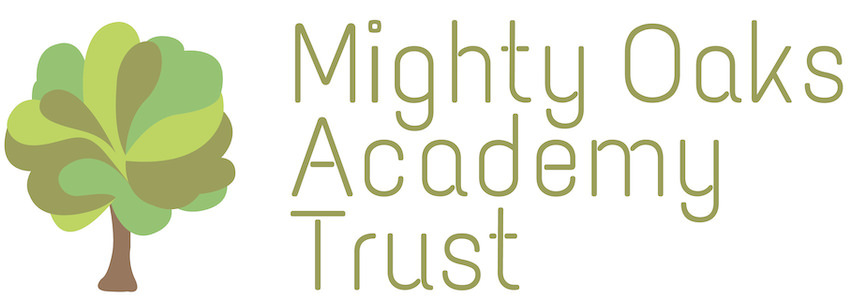Religious Education (RE) is important because it helps pupils understand our society and learn about the importance of mutual respect and valuing diversity. It reinforces modern British values and links to spiritual, moral, social and cultural (SMSC) education. It helps pupils examine how we develop communities that are harmonious, and respectful of others, no matter what their beliefs, colour or background. RE is an important part of pupils’ wellbeing, helping them to understand who they are, and how faith and belief can determine and influence the culture they live in.
At Priorslee Academy we aim to create a living RE curriculum by following the Standing Advisory Council on Religious Education (SACRE) Agreed Syllabus and focusing on the religions that we have in school. This provides a safe space for our young people to develop their understanding of all people, cultures, faith and beliefs and relationships.
The agreed syllabus sets out detailed and extensive guidance that will enable pupils to gain a coherent understanding of religions and worldviews, preparing them for life in a postmodern 21st century world. Units of work that dovetail into the suggested programme of learning, provide clear guidance on how to approach the teaching of RE across all key stages with integrity, developing an innovative and rigorous approach that will promote high standards of RE in our schools.
To supplement this agreed syllabus, we have daily collective worship, regularly have visits from local faith leaders to share how important religious festivals are celebrated and hold our own celebrations in school for different religious festivals.
The Education Reform Act (1988) requires that RE should be taught to all pupils but parents do have a right to withdraw their child and may request that the pupil be excused from all, or part of, the RE provided.
We at Priorslee Academy ensure that parents who wish to withdraw their children from RE are aware of the objectives and what is covered in the RE curriculum and that they are given the opportunity to discuss this, if they wish.

